When Aleksandr Solzhenitsyn published One Day in the Life of Ivan Denisovich in 1962, it marked a shocking moment in Soviet literature. For the first time, a novel openly described life in a Stalinist labor camp. Though it was briefly allowed during Nikita Khrushchev’s “Thaw,” the book was later banned as political winds shifted. Authorities feared its stark portrayal of suffering and injustice would undermine the state’s carefully crafted image of progress and strength. By exposing the harsh realities of the Gulag system, Solzhenitsyn gave voice to millions who had been silenced, which made his book both revolutionary and dangerous.
The banning of the novel reflected the Soviet Union’s deep discomfort with its own history. While Khrushchev initially tolerated it as part of his campaign against Stalin’s excesses, later leaders viewed it as too critical of the Communist system itself. As a result, One Day in the Life of Ivan Denisovich was suppressed for many years inside the Soviet Union, though it circulated secretly in samizdat (underground publishing) and was widely read in the West.
Aleksandr Solzhenitsyn, born in 1918, was himself imprisoned in labor camps for criticizing Stalin in a private letter. His years in the Gulag shaped his worldview and his writing, giving his novels an authenticity that few others could match. Though he began as a loyal Soviet soldier and intellectual, his experiences turned him into one of the regime’s fiercest critics. Over time, he became a symbol of resistance to totalitarianism, eventually winning the Nobel Prize in Literature in 1970.
The novel tells the story of a single day in the life of Ivan Denisovich Shukhov, an ordinary prisoner in a Soviet labor camp. Through the details of meager food, backbreaking work, and small acts of resilience, Solzhenitsyn captures both the crushing inhumanity of the system and the quiet dignity of those who endured it. There are no grand battles or heroic escapes—just one man’s struggle to survive, moment by moment, in a world designed to strip him of his humanity.
Today, One Day in the Life of Ivan Denisovich remains a landmark in world literature. It matters not only as a record of suffering but also as a testament to the endurance of the human spirit. Its history shows how a single book can challenge powerful regimes and alter the course of public memory. In giving voice to those lost in the machinery of oppression, Solzhenitsyn ensured that their stories would not be forgotten.
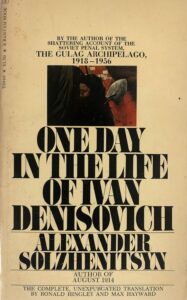
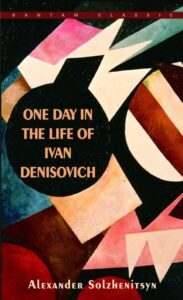
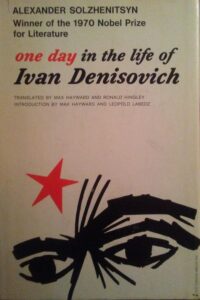
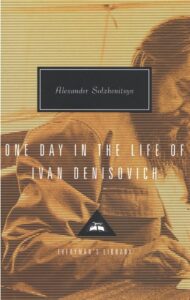


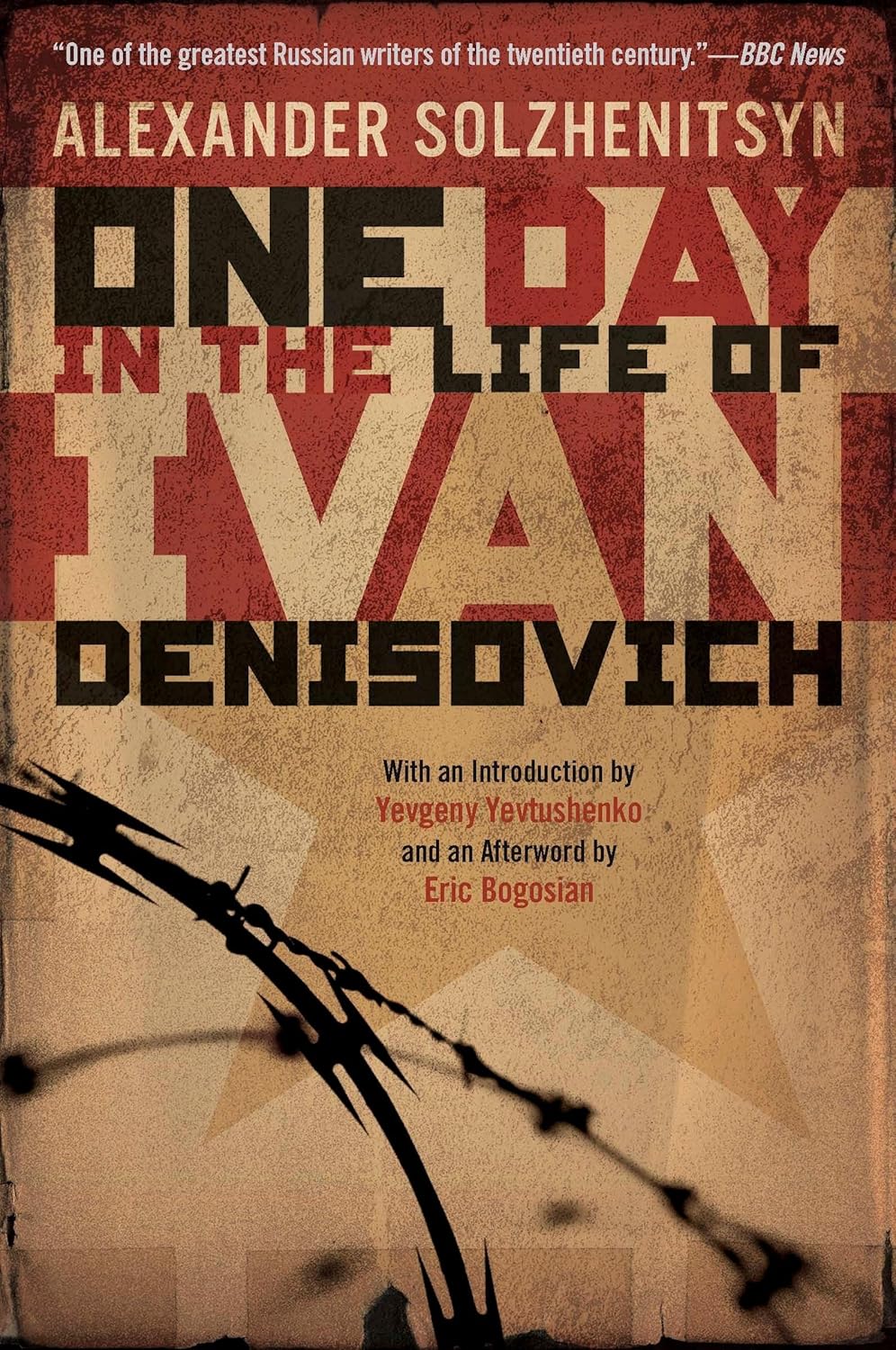
Your point of view caught my eye and was very interesting. Thanks. I have a question for you. https://www.binance.info/register?ref=IXBIAFVY